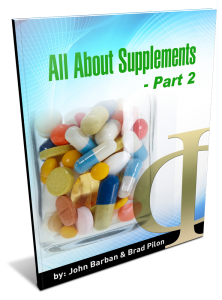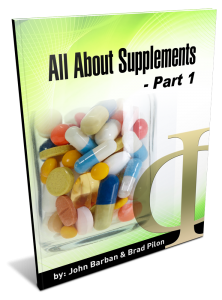Here’s the next episode of the UNCENSORED Podcasts Season 3.

What about supplement claims? If you are reading an article that sounds too good to be true – it probably is too good to be true.
Today’s Topic: Understanding Research Claims for Supplements
Today John speaks with Dr. Julie Conquer:
Dr. Conquer’s Educational background:
University of Toronto
PhD, Molecular Pathology
1990 – 1994
University of Guelph
MSc, Nutritional Sciences
1988 – 1990
University of Waterloo
BSc, Biology
1983 – 1987
Dr. Conquer has 10 years of experience on clinical trials on dietary supplements. Now she is working on putting the research together.
What you will learn in the podcast:
- What is the structure of research claims?
- What is really supporting the research claims?
- What is a review compared to a systematic review?
- What is a clinical trial?
- What are clinical good practice trials?
- What is double blind?
- What are the standards for double blind?
- What is pre-trial disclosure?
- What are the recent improvements in quality in clinical trials?
- What is the Jadad scale?
- What is randomization?
- What is required for randomization?
- What about weight loss studies?
- How do the behaviors of people in the study effect the outcome?
- What about people who drop out of a study?
- Is safety an end point in studies?
- What is the difference between the media stories vs. the actual studies?
- Why is the gap between media stories and the actual studies so great?
- Why we should never just look at just the latest study?
- Should you rely on mainstream media for the truth about clinical trials?
- Why you should look at only at the results section in the study.
- Are there some places where people can find the truth about supplement studies?
- What is peer review?
If you are reading an article that sounds too good to be true – it probably is too good to be true.
The National Standards Supplement Database is available for immersion customers as a service we provide to help fill the gap. It is updated regularly. It is available in your Venus Cockpit.
IMMERSION Clients May Login and Download Podcast Here











